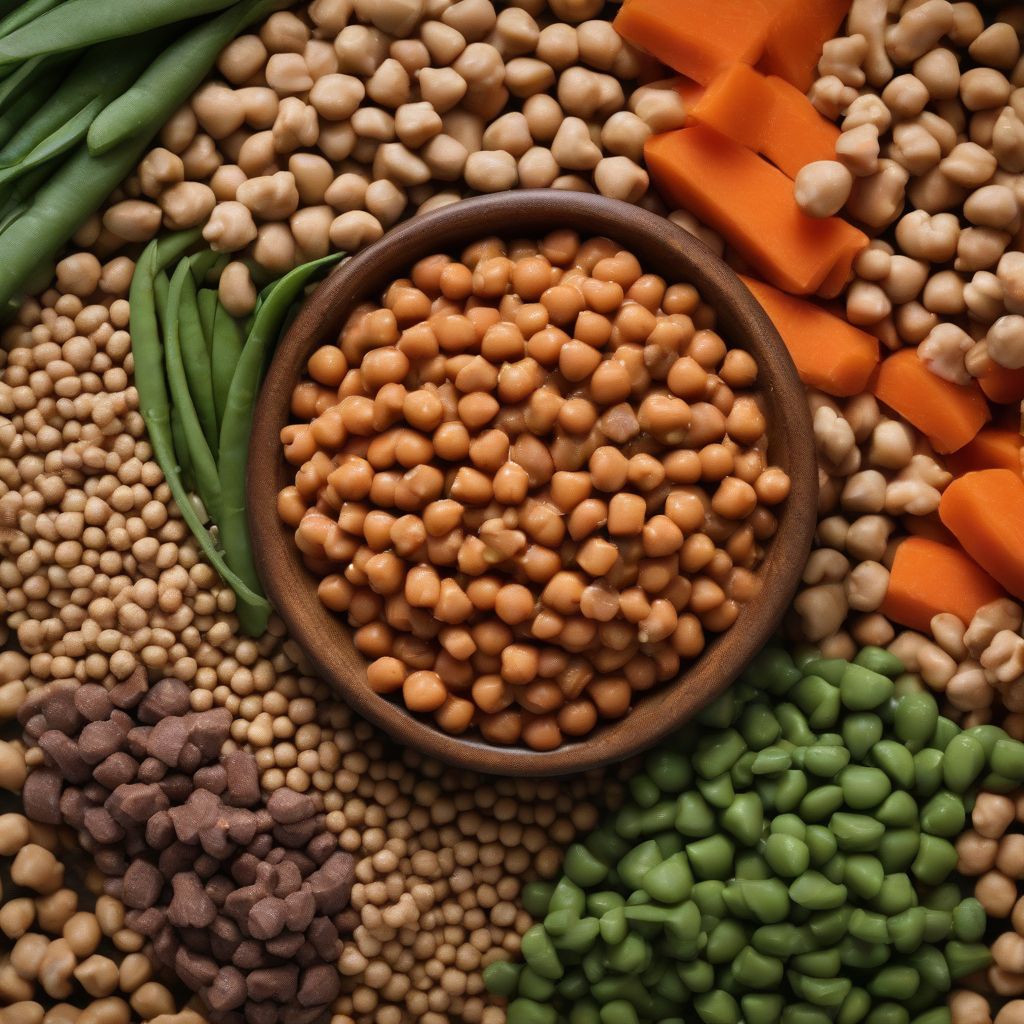As a nutritionist and meal-prep coach, I’m passionate about the power of healthy eating – not just for people, but for our furry friends too! We’re becoming increasingly aware of the environmental impact of our food choices, and that includes what we feed our pets. So, let’s explore the exciting world of plant-based pet food and its role in creating a healthier planet.
The Environmental Paw Print of Pet Food
Let’s be honest; our furry companions can have a hefty ecological footprint. Traditional pet foods, especially those packed with meat, contribute to:
- Greenhouse Gas Emissions: Meat production is a major contributor to greenhouse gases, particularly methane, which has a far greater warming potential than carbon dioxide.
- Land and Water Use: Raising livestock requires vast amounts of land for grazing and growing feed crops, contributing to deforestation and water depletion.
- Overfishing: Fish-based pet foods contribute to the overfishing of our oceans, disrupting delicate marine ecosystems.
Plant-Powered Nutrition: A Sustainable Solution
This is where plant-based pet food comes in, offering a pawsitive step towards a greener future. Here’s how:
1. Reducing Carbon Paw Prints:
Switching to plant-based proteins like peas, lentils, and chickpeas significantly reduces the carbon footprint associated with pet food production. These plant-powered alternatives require less land, water, and energy to grow, making them a more sustainable choice.
2. Conserving Precious Resources:
By choosing plant-based options, we can help alleviate the strain on our planet’s resources. Producing a pound of meat requires significantly more water and land than producing a pound of plant protein.
3. Promoting Biodiversity:
Traditional pet food production contributes to habitat loss and threatens biodiversity. Plant-based alternatives help mitigate these issues by reducing the demand for livestock and fish.
 Plant-Based Dog Food Ingredients
Plant-Based Dog Food Ingredients
Debunking the Myths: Can My Pet Thrive on Plants?
Now, you might be wondering, “But can my carnivorous canine or feline truly thrive on a plant-based diet?” It’s a common concern, but rest assured, well-formulated plant-based pet foods can provide complete and balanced nutrition for dogs and cats.
- Essential Nutrients: Reputable plant-based pet food brands carefully formulate their products to include all the essential amino acids, vitamins, and minerals your pet needs to flourish.
- Taurine for Cats: Taurine is an amino acid crucial for cats’ heart and eye health. Plant-based cat foods are supplemented with taurine, ensuring they receive adequate amounts.
- Digestibility: Many pets find plant-based foods easier to digest than traditional meat-heavy options.
Choosing the Right Plant-Based Pet Food
Navigating the world of plant-based pet food can feel overwhelming, but here are some tips:
- Consult Your Veterinarian: Before making any dietary changes, it’s essential to consult your veterinarian. They can assess your pet’s individual needs and recommend suitable options.
- Look for AAFCO Statement: Choose products that state they meet the nutritional levels established by the Association of American Feed Control Officials (AAFCO).
- Gradual Transition: Introduce plant-based food gradually, mixing it with your pet’s current food to prevent digestive upset.
Embracing a Sustainable Future, One Bowl at a Time
Shifting towards eco-friendly pet food choices is a journey. By understanding the environmental impact of our pet’s diets and embracing plant-powered alternatives, we can make choices that benefit both our furry friends and the planet we share.
Remember, small changes can make a world of difference!
Ready to explore plant-based options for your pet?
[amazon bestseller=”plant-based dog food”]
Let’s chat in the comments – I’d love to hear your thoughts on sustainable pet food!
